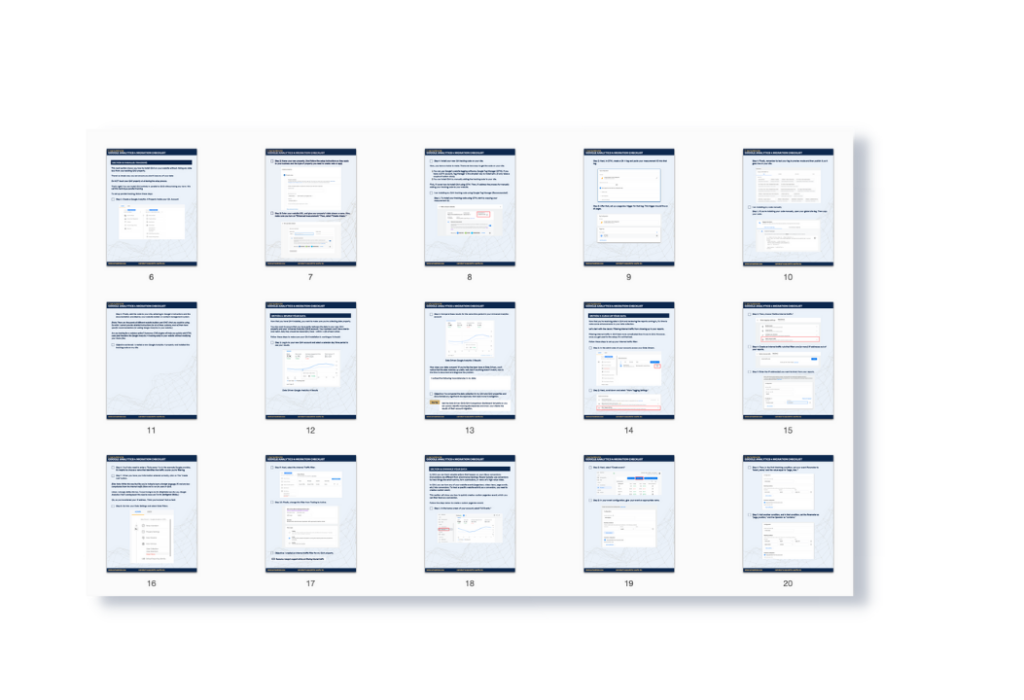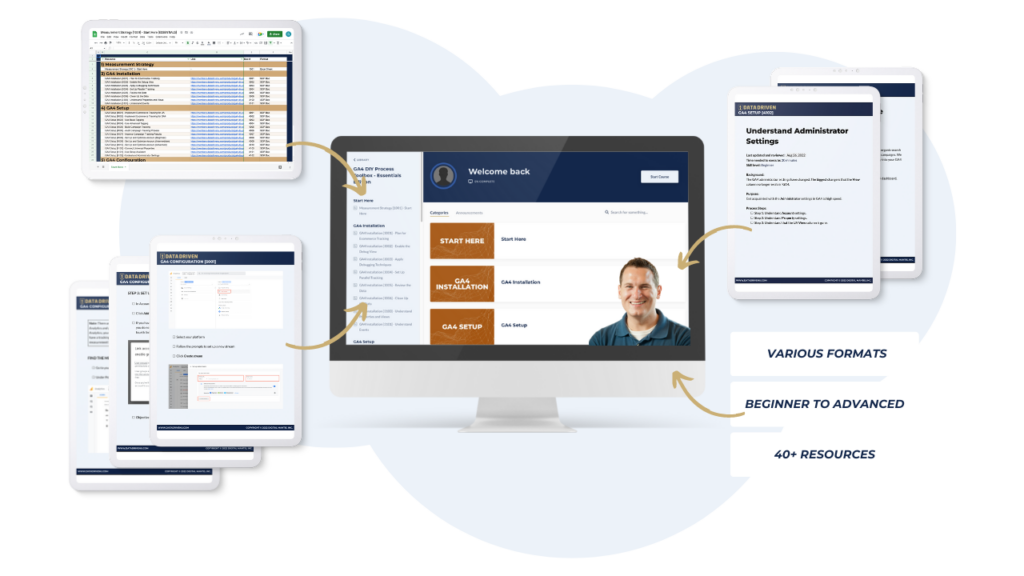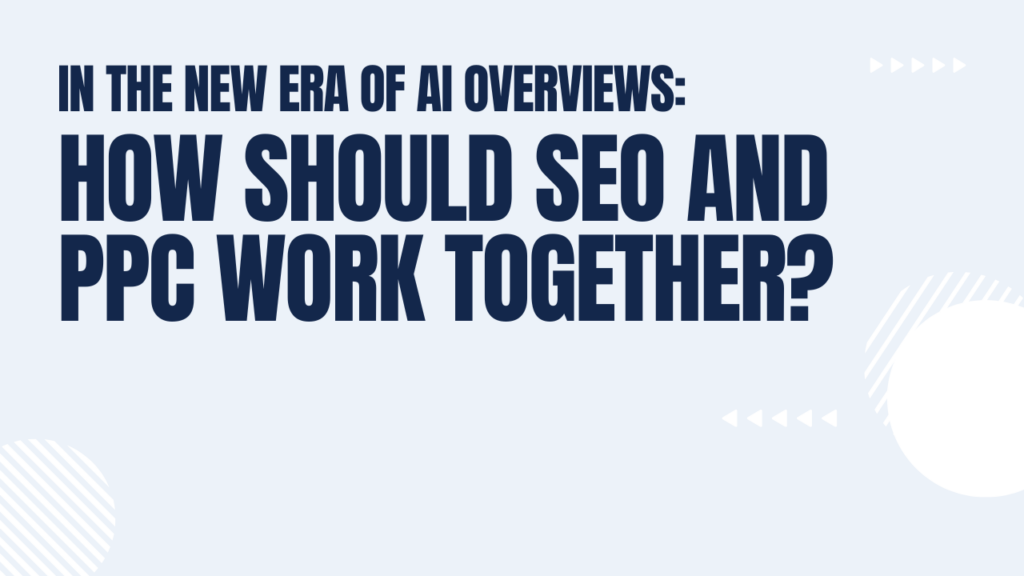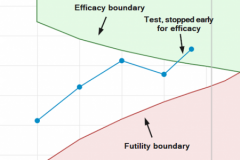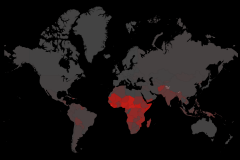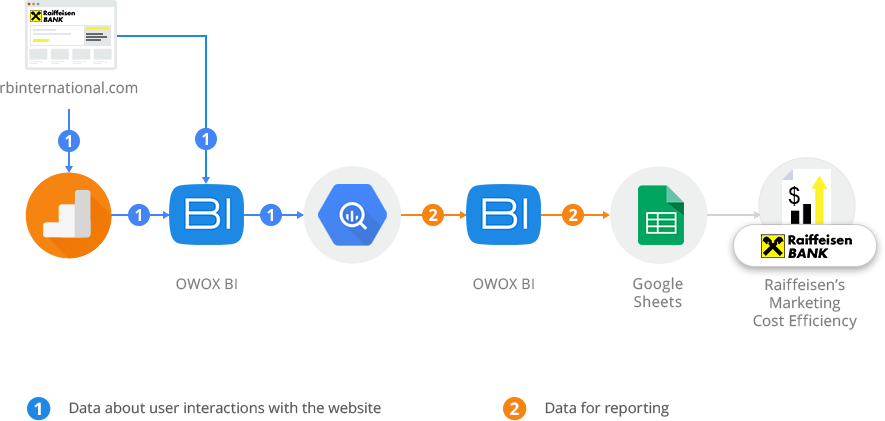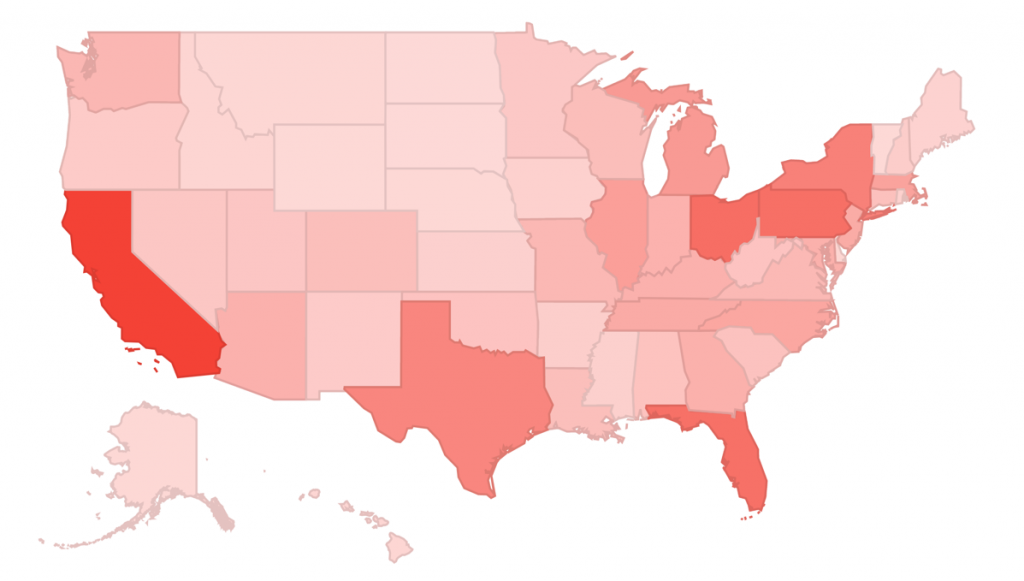A recent post by my friend and former co-worker Stephane Hamel got me thinking about the future of Web Analytics. He wrote about the definition of Analytics, a great way to start a discussion on what we do and how we define our industry.
Web analytics has an identity crisis. I think everyone recognizes that we no longer do web analytics. We deal with many different data sources. From social to app, the website is not our only source of data. We work with digital data.
Defining Analytics Usage
As Jim Sterne so accurately points out, we need to identify what we do to help inform others. So I tweaked the Web Analytics Association‘s definition and came up with the following:
Digital Analytics is the measurement, collection, analysis and reporting of digital data for the purposes of understanding and optimizing business performance.
But when I started to think about all the people I’ve met over the last 7 years I found a big problem: there are not many people doing digital analytics. Based on my experience, I think there are two groups that are doing “Analytics”, for lack of a better term.
- Group number one is those that are more advanced, working at bigger companies, and measuring things like multi-channel attribution, social media, device usage, etc. These people are doing Digital Analytics. The above definition works great for them.
- Group number two is those that are working at small businesses and are trying to figure out what a conversion is and how to interpret bounce rate. These people are doing Web Analytics.
The number of people in group two is HUGE. Way more than the number of people in group one. How much bigger?
Web Analysts vs. Digital Analysts
Let’s estimate there are 20,000,000 Google Analytics accounts. Of those, let’s assume 60% of the accounts are active and 70% of the active accounts are small and mid size businesses. That leaves 8,400,000 companies. That’s a lot.
Taking a US focused view… According to Google only about 37% of American small businesses have a website. That means that there are 63% of small businesses don’t have a website. It’s probably safe to say they don’t know about web analytics either!
Let’s just agree that there are a LOT of people out there that don’t know what web analytics is or how to do it.
On the other hand, group number 1, the group that talks about Digital Analytics, is relatively small. Just look at the number of unique folks on twitter posting under the #measure hash tag.
We have a massive number of businesses that are doing Web Analytics while our core industry is focusing on Digital Analytics. This lends itself nicely to a long-tail graph:

Training for Digital Analytics
The first problem is: how do we teach more people about Web Analytics and get them to graduate to Digital Analytics?
One option is education. There’s the UBC Web Analytics courses, the Analysis Exchange, Google’s Seminars for Success program, and others. Lots of great people helping businesses understand how to get value out of web analytics.
I’ve been lucky to teach some training courses and interact with people trying to grasp web analytics. I’ve learned that these organizations struggle to find the time to configure the tools, analyze the data and provide insights. When you’re a small business spare time does not exist.
Killing Web Analytics

This is where I’m going to get a little radical.
With so many companies strapped for time, should certain businesses even do web analytics? Can we change measurement tools to help advance the industry? Could we eliminate web analytics all together?
What if we remove the manual process of analysis from Web Analytics tools and create decision engines that make recommendations? These tools would allow business owners to review the recommendations. We also need to make the tools easier to configure and maintain. But I’m not going to get into that right now.
Is this idea so far off? I don’t think so. I think Google can transform Google Analytics into a ‘light’ decision-making engine in the next 18 to 36 months.
The brains of this new tool already exist in Google Analytics: Intelligence Events. These reports create predictive models of your data and then surface an alert when your actual data does not meet the predictive models. In my opinion, the Google Analytics Intelligence Events could be the foundation for a new version of Google Analytics.

Now small businesses that don’t have time to look at data can simply reference a tool that provides recommendations. They still need to implement those recommendations, which can be time consuming as well, but they no longer need to do web analytics.
Meanwhile all of us doing digital analytics will continue to use our existing tools.
Think I’m nuts? Let me know in the comments.

